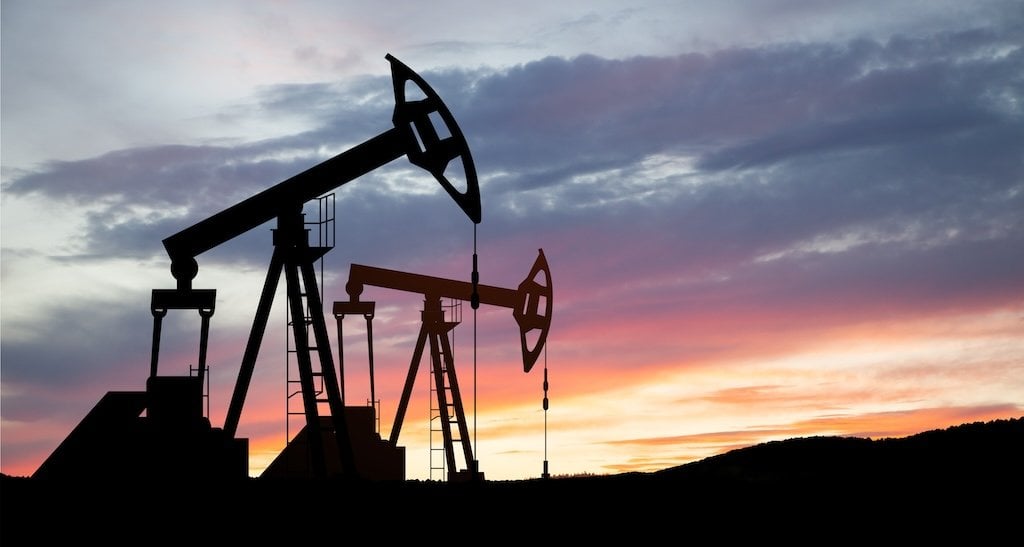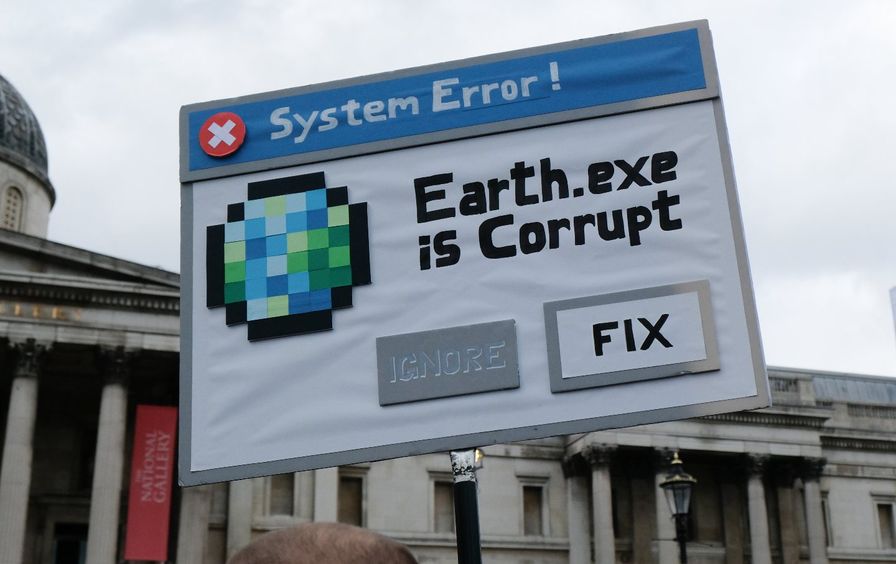We’re creeping back, and the other day I was getting in the elevator at Techonomy’s 15th floor office on 5th Avenue when I encountered a confused-looking woman. “Going down?” I asked her. “I don’t know,” she replied. “I’m stopping at every floor to help me remember which one I work on.”
That, for me, nicely encapsulates this strange moment. Are we going up or down? It’s been so long since we did what we used to do, we can’t even remember what it was, or how to resume. Much is permanently altered, but what exactly? Are things getting better or worse? Back to the office? Eat indoors in a restaurant? Theater? Mask or no mask?

We’re acclimated to video meetings but not to hybrid ones, with some remote and some in the office. Many are keeping masks on, at least for now. On the other hand (so to speak), last year people speculated we were permanently done shaking hands, but everywhere I go now I encounter a gladly-extended palm.
I won’t even get into vaccine denialism, except to note it is hideously ubiquitous. At an all-vaccinated dinner party last night, I heard about a friend who has fallen under the deceptive spell of social media denialists. Really depressing.
Here we have optimistically scheduled our first in-person conference for September 22 in New York, called Accelerate Finance: Money in a Mobile World, hosted by Techonomy’s CDX subsidiary along with fintech expert Jim Ledbetter and his FIN Newsletter. We’re confident it’s going to happen, but some might disagree, for obvious reasons. Jim and CDX’s Drew Ianni have a smashing event planned, that’s for sure.
And the obvious and growing uncertainties forced upon us by the worsening climate crisis just compound our current disorientation. The unusually torrential rainstorms that have lately pounded us in the Northeast don’t even merit coverage compared to the horrific suffering unleashed by drought and heat in the Northwest, or flooding in Europe, China, and India.

The latest Economist takes the dire view that we may be headed towards a disastrous 3-degree Celsius increase over pre-industrial levels, given our ongoing failures to take sufficient global action. “The most terrible thing about the spectacular scenes of destruction that have played out around the world over the past weeks is that there is no safe place from which to observe them,” it notes, adding “Unfortunately, 2021 will probably be one of the 21st century’s coolest years.” Then the magazine goes on to argue for the inevitability of adapting to global warming even as we seek to radically reduce carbon. It advocates much more serious study of solar geoengineering—consciously altering the atmosphere to cool it by blocking or reflecting sunlight.
That evoked what to this day is one of the most memorable sessions we ever hosted, at Techonomy 2012 in Arizona, called Geoengineering: Who Decides and Who Benefits?The session, with Harvard physicist and public policy expert David Keith, addressed in detail issues The Economist this week raises: will changing the atmosphere lead to conflicts between nations that are disparately affected? Will some countries or people do it anyway? Does even talking about this undermine our collective determination to reduce greenhouse gas emissions?
Our great regular columnist Robin Raskin writes this week again about the metaverse, which is much in the news since Mark Zuckerberg enthused about pivoting Facebook towards it. (Raskin’s friend David Kleeman, a media expert, recently wrote for us an authoritative explanation of the metaverse.)
All this talk about a sprawling virtual world of the future in which people can live more and more of their lives, coming amidst our national and global travails, elicits a disturbing thought. The world could get so awful that people routinely seek to escape it by virtual means. Our teenaged columnist Julia Morgan-Canales implies this week that that’s already in effect happening. So like she says, “Get off TikTok and into the streets!”
















